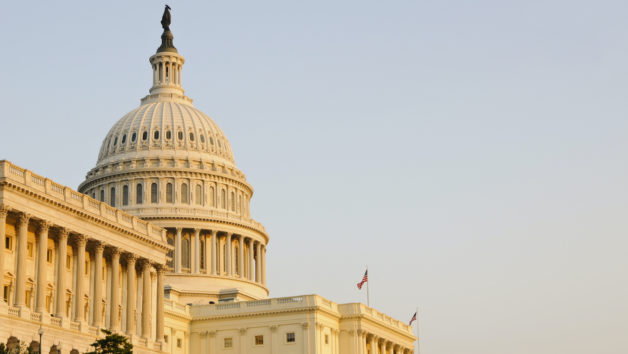Originally published by REALTOR.com | February 16, 2021
Political actions have both a direct and an indirect impact on the housing market.
There’s a new political party in charge in Washington, D.C., one that hopes to make some big changes in the U.S. economy, including tax reform. While the initial priorities of the Biden administration and Congress focus on mitigating the devastating impact of the pandemic, the new political dynamic could eventually create a shift in the luxury housing market.
“The luxury market has done very well in recent years thanks to low mortgage rates and to the performance of the stock market, which is influenced by politics,” said Danielle Hale, chief economist for Realtor.com in Washington, D.C.
Political actions have both a direct and an indirect impact on the housing market.
“We’ve never been at a time when the political landscape has continued to seem so uncertain. Politics has an effect on the stock market, which in turn has an effect on the luxury real estate market.”
–Frederick Peters, CEO of Warburg Realty in New York City
While most of the Biden administration’s initial housing policies focus on the affordable housing crisis, Marco Rufo, a partner with The Agency real estate brokerage in Los Angeles, said that the possible extension of the federal eviction moratorium beyond the current date of March 31 could have implications for the higher end of the housing market in the future.
“Most of our buyers are extremely wealthy and many of them own lots of property that they rent to tenants,” Mr. Rufo said. “If policies are put in place that reduce their ability to collect rent on multiple properties, that could have a negative impact on their net worth and willingness to upgrade into more expensive properties.”
Another political issue that’s already had a major effect on luxury housing markets is tax reform.
The Tax Cuts and Jobs Act that went into effect in 2018 has several provisions, such as lower tax rates, a higher lifetime estate and gift tax limit, and a higher standard deduction that are set to expire at the end of 2025. Democrats are anticipated to address those expiring provisions and other tax issues eventually.
Continue reading to learn more about the potential tax reforms under consideration.


